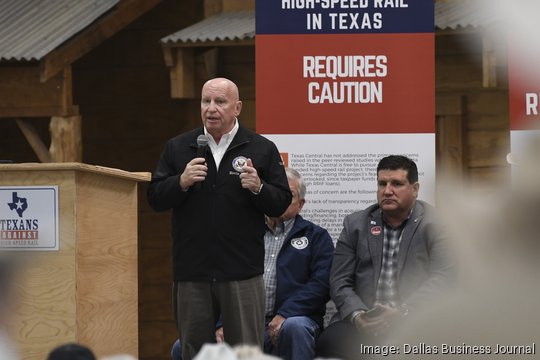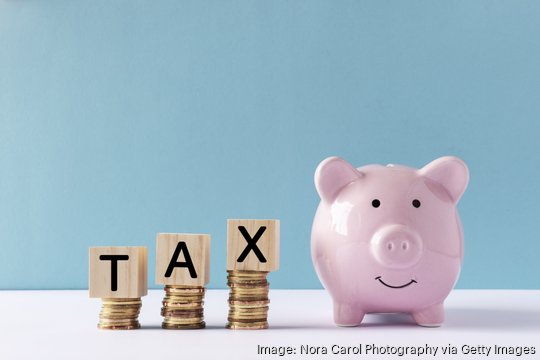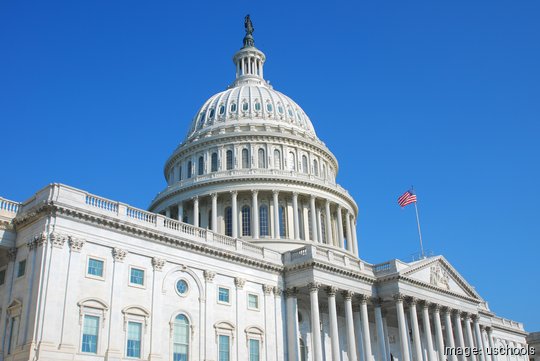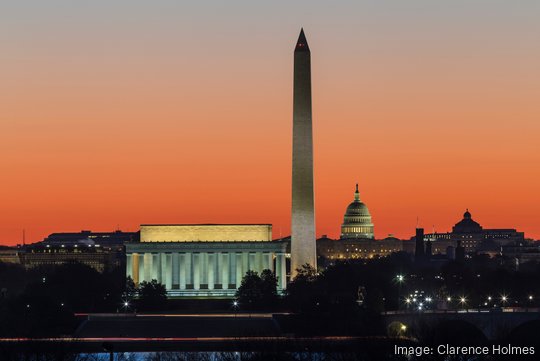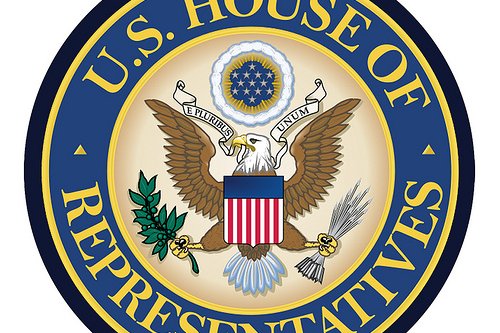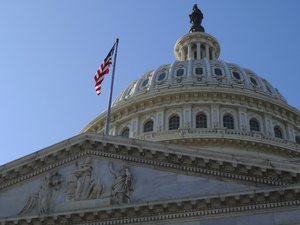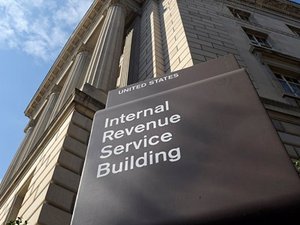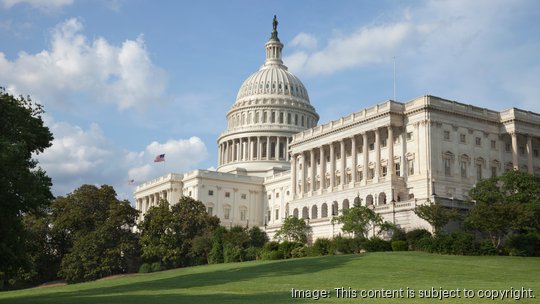
A new federal tax on research has many startup owners pushing for change as part of the tax overhaul of 2017 has a rising impact.
“It’s the most un-American thing I’ve ever heard of, to tax innovation,” says Melissa DeRosier when talking about a new tax on research that threatens to upend much of the startup ecosystem.
DeRosier, CEO of 3C Institute and 3C Family Services in Durham, is one of 13 North Carolina executives who recently participated in a case study presented to lawmakers about the consequences of the Section 174 “Innovation Tax" on research and development. Lawmakers in Washington did not extend a provision that allows R&D costs to be fully expensed under Section 174 of the tax code – leaving research-heavy companies with big and unexpected tax bills.
Multiple executives have said that the provision could push their companies into bankruptcy.
As it stands now with the change, the tax code requires R&D amortization over a period of five years, potentially creating a mathematical mismatch for companies whose largest R&D line item is talent.
Over the past week, more letters urging change have been sent to lawmakers in Congress. That includes a letter from North Carolina Commerce Secretary Machelle Sanders and another signed by 1,000 small-business leaders from all 50 states.
Section 174: A timeline
Section 174: A timeline
The consequences, according to Eva Garland of Eva Garland Consulting, who has helped organize the response to Section 174, would be dire in North Carolina.
According to an Ernst and Young estimate Garland included in materials sent to lawmakers, the state of North Carolina would lose $235 million per year in R&D spending without a change. The state would also lose 3,922 “highly compensated jobs,” according to the estimate.
Garland says swift action is critical. She worries that if Congress doesn’t implement a fix by the end of the year, momentum will stall amid the budget fights in Washington.
According to DeRosier, Section 174 means “hundreds of thousands of dollars coming out of our company’s coffers, and that is definitely not sustainable.”
But her company has an unorthodox survival plan. The 50-person business was founded in 2001 to improve children’s emotional health through social-skills programs. As it’s been around for awhile, it’s developed a software infrastructure it can monetize.
“So in order to survive, we are going to stop doing innovative software development and we are going to pivot to basically sell and license our existing software,” DeRosier said. “If we were a lot younger and didn’t have an established software that we could license, it would definitely put us out of business.”
But she worries about her industry, noting that there’s “no incentive for innovation,” a fact that could put the U.S. in a bad position relative to other countries.
Hafeez Dhalla, CEO of 3-year-old startup Theia Imaging in Durham, also had to get creative to survive. For the 2022 tax year, the ophthalmic imaging company's accountant is arguing that its purpose is research and not product development and that the tax provision doesn’t apply – an argument made by several other firms across the nation while they wait on action in Washington.
To finagle in the 2023 tax year, Theia Imaging reorganized from an LLC to a C-Corp, “which means we are now protected from the worst impacts of this law," Dhalla said.
“At least it doesn’t hit us at the personal level so we can maybe borrow money rather than close up shop,” Dhalla said.
Dhalla reached out to his senators and representatives in Congress and got back a handful of nondescript form letters. One representative just put him on a mailing list.
"Disappointing," he said.
